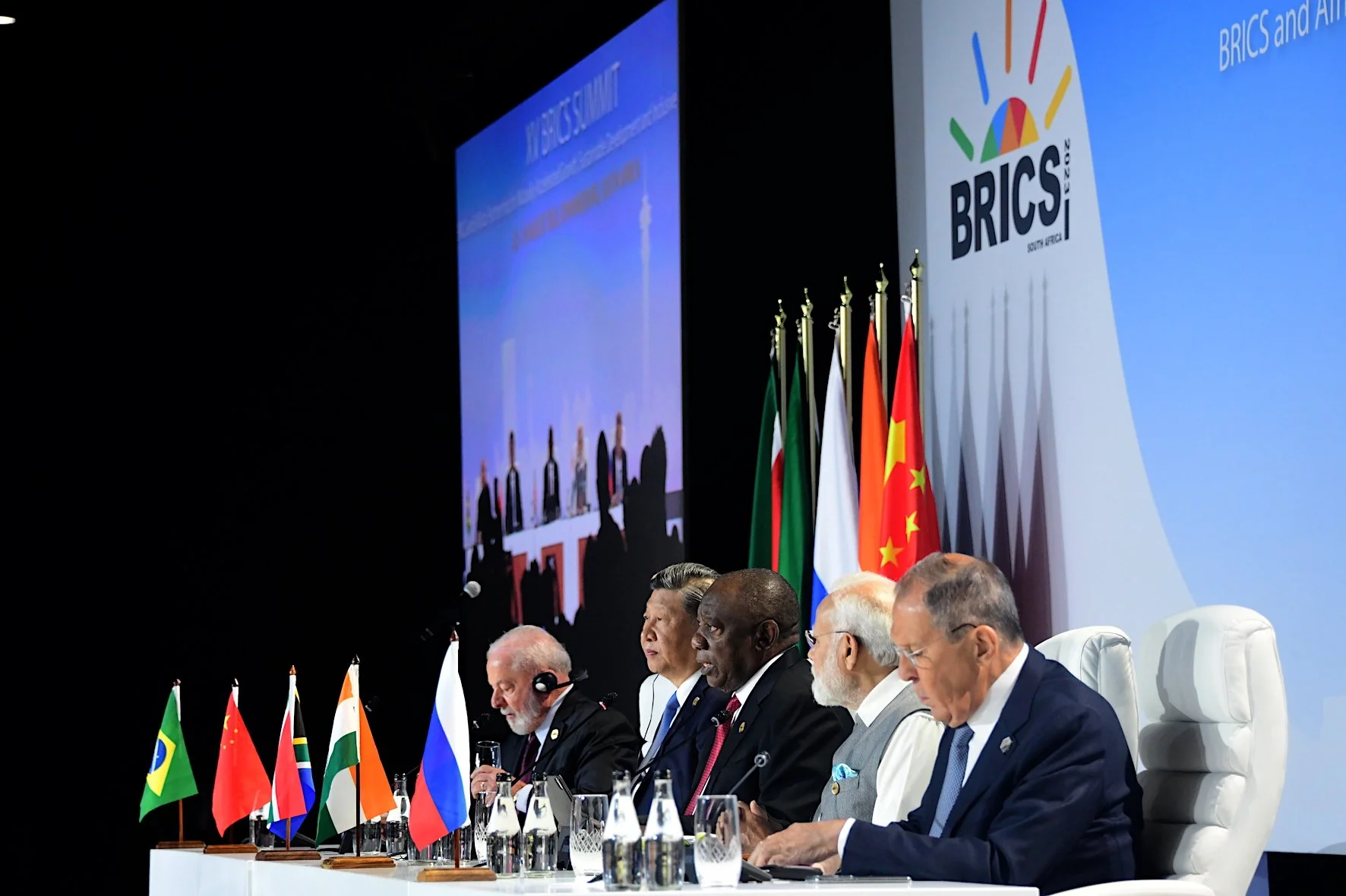Written by Dominique Fraser and Dr Premesha Saha
Indonesia will need to ensure that it carefully balances its commitments to BRICS alongside its responsibilities and obligations within ASEAN and its existing relationships with Western nations like the US and the EU.
Read More








